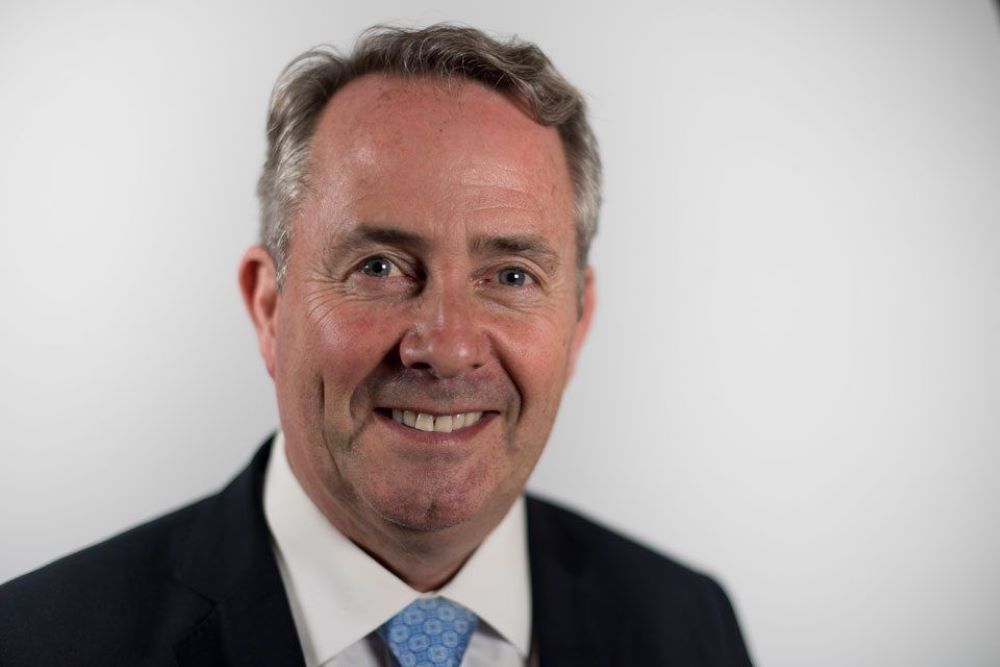
Former secretary of state for international trade, Dr Liam Fox, has called for the department he used to head up to be scrapped.
Dr Fox, appointed by former prime minister Theresa May to be the first secretary of state at the Department for International Trade (DIT), has called for the department to go as part of a wider plan to turn the concept of “global Britain” from rhetoric to reality.
Global Britain
As chair of business lobby group the Global Britain Commission, which this week issued its third report How to Deliver Global Britain: A Blueprint for Government, Dr Fox supports the proposal for a restructuring of government departments, folding DIT into the current Department for Business Energy & Industrial Strategy (BEIS), while at the same time separating energy off into a new department.
As the report states: “By merging the business and trade elements of government, focus can be put on maximising opportunities for investment, both inward and outward, and exports and harnessing the power of UK business to grow the economy.”
Writing in the Telegraph earlier this week, Dr Fox added that such structural changes in government are needed to build more productive relationships between business and policymakers. He wrote:
“Whitehall needs to be properly shaped for the post-Brexit world and the challenges and opportunities this brings… Outward facing departments such as FCDO and DIT are still too heavily focused in the UK rather than promoting Britain abroad. We need a major shake-up.
“The objectives of this new Business Department would be to promote long-term, sustainable and balanced growth in the UK and overseas,” he added before going on to add that there also needed to be more “boots on the ground” in key markets overseas.
“It is hard to visit places such as the Gulf without bumping into French and German groups touting for business, well supported by their governments. Yet, in the three years since Brexit, rather than supercharging our presence, we are falling behind.”
Border strategy
Earlier this year, the Institute of Export and International Trade (IOE&IT) laid out its own proposals for improving international trade in the report , ‘Enhanced Efficiency: Building a UK border fit for the 21st century’, in which it called for long-term investment, with a government department and minister dedicated to border strategy.
“One of the main asks in our report was that we have a cross-governmental minister for the border who is focused on pulling together all the stakeholders – including business and government – to ensure we have a border that supports our national ambition to grow our economy by encouraging more businesses to trade overseas,” said Marco Forgione, director general of the IOE&IT.
“From our conversations and interactions with the secretary of state, her team and the wider DIT team, there is a very strong group there now. And it was great to hear a clear message from the secretary of state that an even keener focus will be brought to increasing exports and investment opportunities.”
Forgione added that “IOE&IT works closely with a wide range of partners, including DIT, to ensure that UK businesses have the tools, knowledge and skills to grow their international trade and to turn FTAs from dry, theoretical words into real life business reality.



